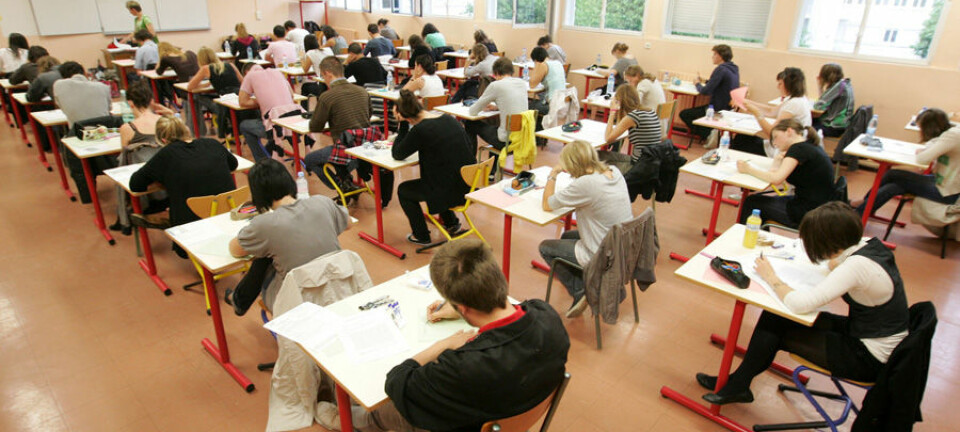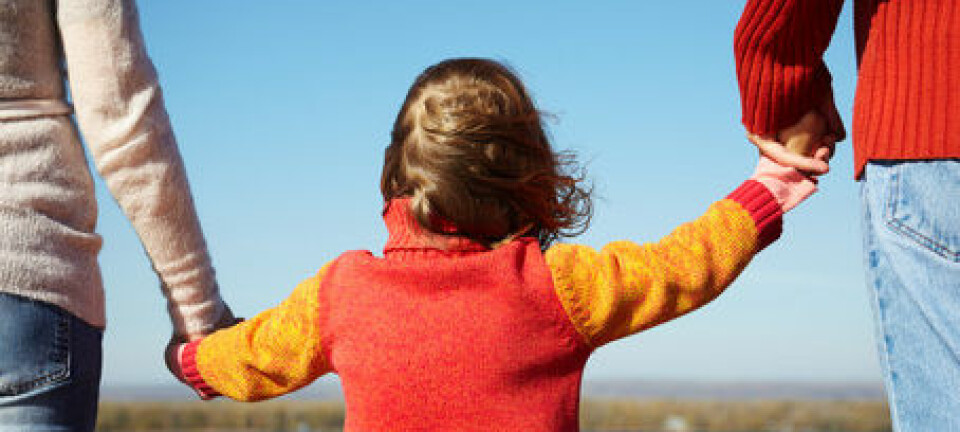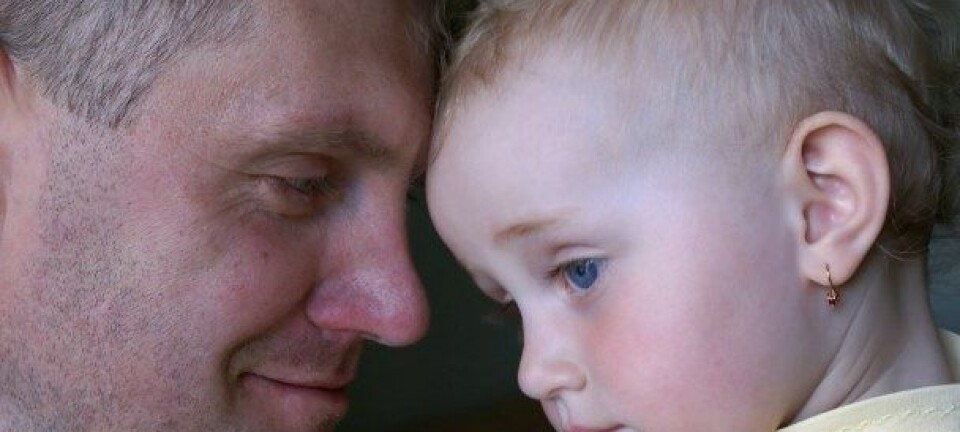An article from Norwegian SciTech News at SINTEF
Talks help children with dysfunctional parents to cope
Children with parents suffering from addiction or mental health issues are often faced with great challenges in their everyday lives. Conversation and information may help them to deal with the difficulties.
Denne artikkelen er over ti år gammel og kan inneholde utdatert informasjon.
In order to learn more about how children can adjust to live with parents suffering from addiction and/or mental health problems, SINTEF has been studying how children experience their participation a programme called SMIL.
The SMIL-program is a group-based service which most Norwegian health trusts offer to children and youths who are in difficult family situations.
SMIL stands for Styrket Mestring I Livet. In English: Improved Mastery of Life
Provide children with a tool box
A critical factor is that many of the children believe that they are the cause of the family's problems. For this reason it is important to explain to the children that this is far from the case.
“Children taking part in the SMIL-program attend a series of eleven weekly two-and-a-half-hour sessions”, says Eli Valås, one of the project managers.
The sessions include discussing responsibility, learning more about their own feelings, their parents' illnesses, and how the children can learn to cope as best as they can with their life situations.
“Within the group, the children get the opportunity to share their experiences with others in a similar situation to their own,” explains Valås.
The program is intended to provide children with a tool box of possibilities they can use as they learn to cope with the challenges they face in their everyday lives.
An important aim is to make the children aware that they too can enjoy a good life even though their parents are struggling.
Parents are invited to separate meetings where they can get help in tackling their role as parents and in seeing things from their children's point of view.
Parents living apart
In order to assess the possible impact of the SMIL-program, SINTEF researchers have interviewed children and young people who have attended sessions at two different locations in Norway.
“The children, who ranged in age from ten to fifteen years old, all live in situations which at times are very stressful because they have to live with their parents’ mental health, and in some cases parents’ addictions,” researcher Marian Ådnanes says.
“Also because most of them are constantly moving between two homes and their parents are in conflict with each other. This doubles the stress on these children,” says Ådnanes.
All the children taking part in the survey had parents living apart.
Some of the children interviewed said they dreaded being with the parent who was suffering from addiction or mental health problems. However, because of their sense of loyalty, it was difficult for the children to reveal that they didn't want to be with that particular parent.
Meeting others in the same situation
The children interviewed reported that they had believed for some time that their life situation was unique. Meeting other children with experiences similar to theirs, allowed them to feel that their own lives were more normal. They all said that they thought it was good to be able to share their experiences with children of the same age who understood their feelings.
"We saw that this contributed towards increasing the children's understanding that they are not to blame for their parents' problems," says Ole Magnus Theisen, who headed the assessment process.
"We also got clear feedback that many of the children thought it was easier to talk about their issues in the SMIL-group", he says.
Another important aspect of the program is that the children have an opportunity to meet adults who have experienced similar childhoods.
"This worked very well. The young people who were interviewed, in particular, noted that in spite of a difficult childhood, these adults showed that it was possible for things to turn out well in the end," says Theisen.
It's good to know
Most of those who took part in the SMIL-program said that the knowledge they received about addiction and mental health issues was useful to them.
However, while the eldest were positive towards learning about their parents' problems, the younger ones said that this was emotionally difficult for them.



































